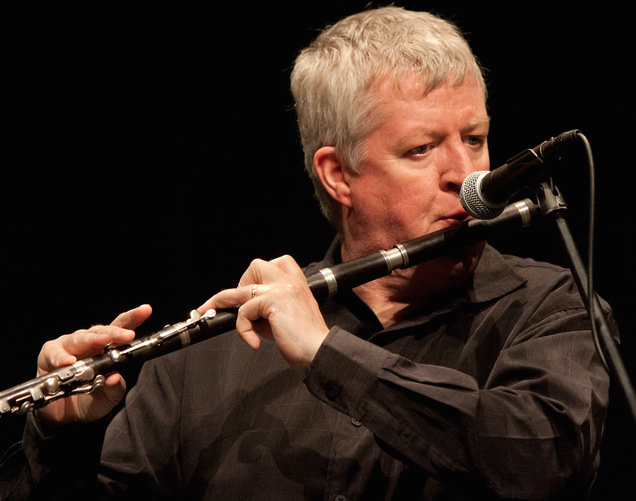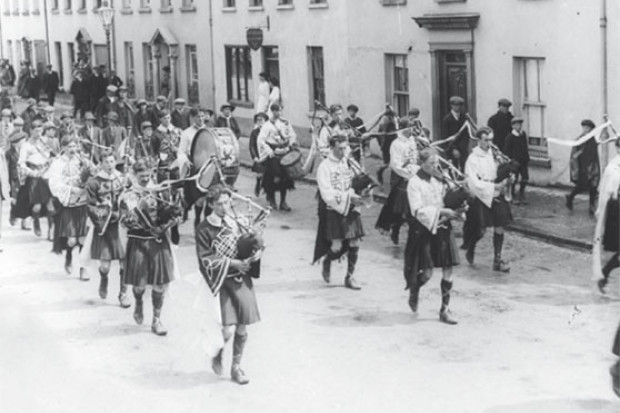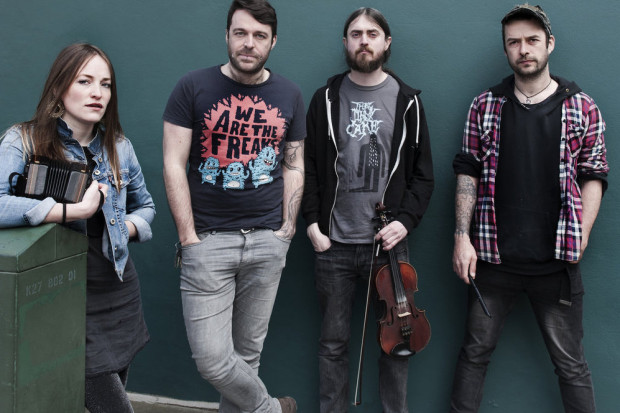
Liam Kelly – Sweetwood
As a founder member of Dervish, one of the most successful, consistent and long-standing groups on the traditional circuit, Liam Kelly is no stranger to the recording studio. Yet where the last Dervish CD seemed to edge into newer and more exploratory territory, this fine recording is unapologetically rooted in the North Connacht flute tradition, Sweetwood being a townland in Leitrim.
Emphasising its rootedness even more is the clever sleeve design, which highlights that this is a close-up portrait of the music, with the backgrounds of wood and stone suggesting solidity, grain, and permanence – qualities which are plainly evident in the playing.
Much of the material also evokes both place and personage, as many of the tunes are session favourites in the area, and the sources and nomenclature of others document some of the greats of the region: there are robust jigs from Séamus Tansey and Matt Molloy, driving reels from Patsy Hanley and Josie McDermott, and a marvellous hornpipe associated with the Sligo (and later Dublin) master, John Egan. There is a great intensity in Kelly’s flute playing on the reel sets in particular, which is also carried through to the two slow airs, ‘An raibh tú ag an gCarraig’ being especially memorable.
Yet the programme here isn’t constricted in any way through its close ties with the region, and there is plenty of variety. The opening tune is the lovely ‘Phyllis’s Birthday’, a justly-popular reel from Josephine Marsh, and there are also fine performances of Tommy Peoples’ ‘Black Pat’s’ and Liz Carroll’s ‘Diplodocus’.
Kelly also weighs in with some compositions of his own: a gentle air evoking the musicians of his father’s home townland, Sweetwood, and a curious reel co-authored with bouzouki player Michael Holmes, which twists and turns its way through keys by way of complex ostinato figurations.
Kelly moves from the flute for these and other tunes on the CD, and his whistle playing has an incisive crispness, which is heard to great effect on the ‘Humours of Lissadell’ set. Here, and elsewhere, he gets rock-solid support from Donnchadh Gough on bodhrán. Indeed, the minimal unobtrusiveness of the backing is a great strength of the recording, with fellow band member Michael Holmes shifting effortlessly between a more harmonic approach to one which subtly echoes the tune.
A well-named recording, then, and one which is a fine addition to the esteemed canon of Connacht flute playing.
Published on 1 August 2009
Adrian Scahill is a lecturer in traditional music at Maynooth University.














